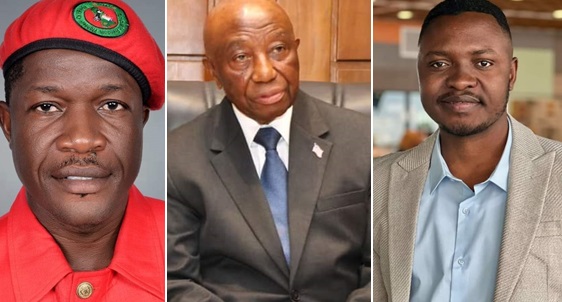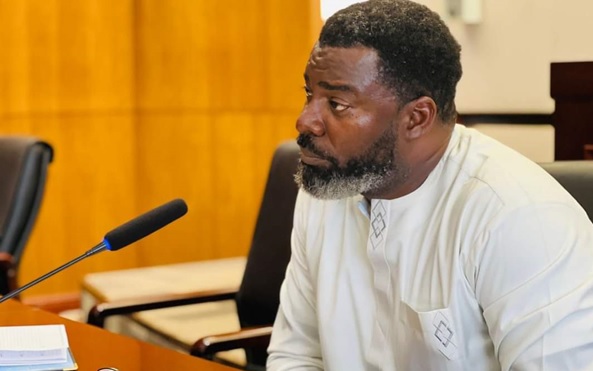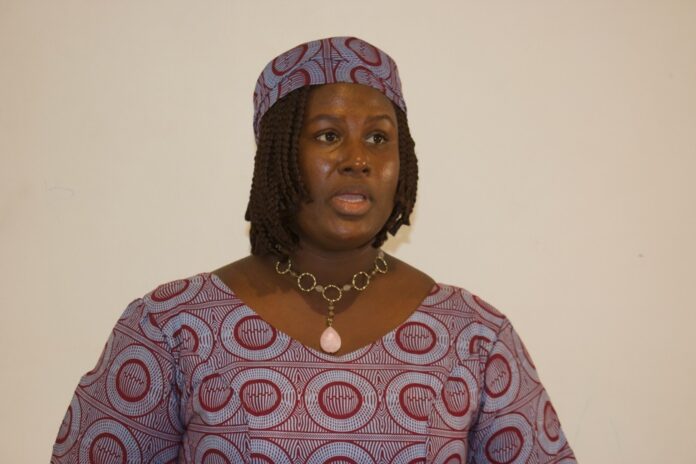MONROVIA, LIBERIA – President Joseph Nyuma Boakai’s recent establishment of the Office of Assets Recovery and Property Retrieval Core Team through Executive Order #126 stirred both praise and controversy. The move, aimed at recovering stolen assets, particularly from the previous Coalition for Democratic Change (CDC) administration under George Manneh Weah, sparked mixed reactions from various quarters.
The ruling Unity Party (UP) and Boakai supporters lauded the initiative as a crucial step towards combating corruption and holding accountable those responsible for embezzling public funds. However, the opposition, notably members of the former ruling CDC, have criticized the taskforce, fearing it could be used to target and persecute them.
On March 7th, 2024, President Boakai announced the formation of the 15-member Assets Recovery and Property Retrieval Core Team, charged with spearheading the recovery efforts. This announcement raised hopes among many Liberians that the task force would play a crucial role in reclaiming stolen assets and enhancing transparency in governance.
Despite these expectations, the task force faced a setback when Emmanuel Gonquoi, the Commander in Chief of the Economic Freedom Fighters of Liberia (EFFL), resigned from President Boakai’s assets recovery team. Gonquoi cited a lack of expertise among the team members and called for the inclusion of the Liberia Anti-Corruption Commission (LACC) and other integrity institutions in the recovery efforts.
Gonquoi’s resignation highlights the challenges faced by President Boakai’s assets recovery team, including a perceived leadership deficit and a lack of confidence in the current team’s effectiveness.
Many critics, especially within the opposition circle, are now questioning whether the team will achieve its original agenda and whether a new approach is needed to ensure the successful recovery of government assets.
It’s worth noting that following the issuance of Executive Order #126 by President Boakai, Cllr. Edwin Kla Martin, former Chairman of the Liberia Anti-Corruption Commission (LACC), was tasked with spearheading efforts to locate, recover, and retrieve public resources and properties.
However, Gonquoi emphasized the need for expertise in asset recovery, suggesting that a new team with relevant knowledge would be more effective.
Additionally, activist Martin K. N. Kollie, a member of the taskforce, also expressed concerns about the leadership and operational methods of taskforce in a letter to Chairman Cllr. Edwin Kla Martin dated May 5, 2024.
Kollie criticized what he perceived as an “amateur and unsystematic model” within taskforce since March 2024, noting a lack of adherence to ethical, procedural, legal, and professional standards. He highlighted the importance of consensus within team, criticizing the emergence of an “authoritative clique” that excludes dissenting voices and ignores valuable contributions.
Kollie, known for his advocacy for transparency and accountability, emphasized the importance of all members having a voice in administrative, financial, legal, and operational matters.
However, the future of the Assets Recovery and Property Retrieval Taskforce remains uncertain, with calls for the team to be reconstituted to include a broader range of expertise and oversight. As Liberia continues its fight against corruption, the effectiveness of such initiatives will be crucial in restoring public trust and ensuring accountability in governance.







